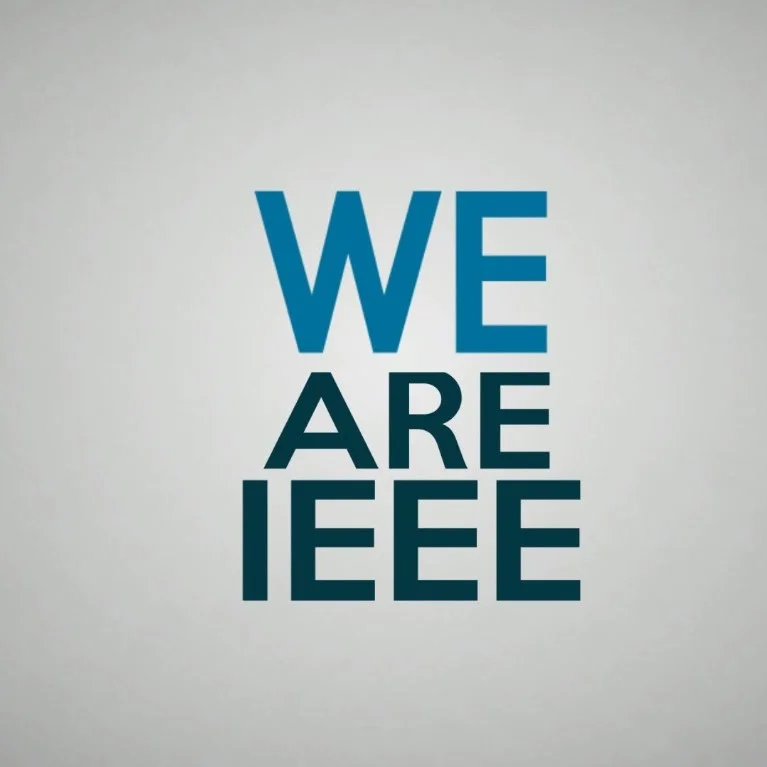Article Directory
[Generated Title]: IEEE Is No Longer Just a Name; It's a Launchpad for Tomorrow
Okay, folks, buckle up, because I'm about to take you on a whirlwind tour of something truly amazing: the quiet revolution happening within the hallowed halls of the IEEE. For those not in the know, that's the Institute of Electrical and Electronics Engineers. But forget the dusty textbooks and endless [ieee papers] – this isn't your grandpa's engineering society anymore. This is where the future gets built.
What am I so excited about? Well, it’s this realization: IEEE isn't just a repository of knowledge; it's an active incubator, a launchpad propelling us headfirst into a future brimming with technological marvels. Think of it as the unsung hero quietly orchestrating breakthroughs across every sector, from quantum computing to biomedical robotics.
We see Genya Crossman at IBM, pushing quantum computing out of the lab and into real-world applications. She's not just crunching numbers; she's coordinating teams, deciphering end-user needs, and ensuring this unbelievably powerful technology is used responsibly. It's mind-blowing, right? And what about Webert Montlouis, PhD, Fellow [ieee], who is not only revolutionizing radar technology for the Department of Defense but is also passionately mentoring the next generation of engineers? He's not just innovating; he's investing in the future.
The IEEE Ecosystem: Where Ideas Ignite and Futures Are Forged
The Proof is in the Pudding (and the Proceedings)
Then you have the IEEE Underwater Acoustic Signal Processing Workshop. Now, I know what you're thinking: "Underwater acoustics? Sounds a bit niche, Aris." But hear me out! Sound travels four times faster in water than air, which makes this technology crucial for everything from defense to environmental conservation. Associate Professor Adhikari, who first attended the workshop as a Ph.D. student, is now the chair, fostering a close-knit community where experts and students collaborate and connect. This isn't just about research; it's about building a network, a community, a movement.

And speaking of movements, let's not forget BioRob 2026, the [ieee conference] focused on biomedical robotics and biomechatronics. Exoskeletons, exosuits, wearable assistive devices…we're talking about technology that will literally change lives, giving mobility and independence to those who need it most. This isn't just science fiction; it's science fact, and it's happening right now, thanks in no small part to the work being showcased and fostered by IEEE.
The real game-changer here, the big idea, is the shift from passive knowledge dissemination to active innovation acceleration. IEEE is evolving into a dynamic ecosystem where ideas aren't just published; they're nurtured, challenged, and transformed into tangible solutions. It’s like comparing a library (a static collection of books) to a bustling workshop where master craftsmen are actively shaping raw materials into works of art.
Remember when the internet was just a bunch of text-based websites? Now, imagine someone telling you back then that it would become the foundation for social media, e-commerce, and streaming video. That's the kind of potential we're talking about with the IEEE's new role.
Of course, with great power comes great responsibility, and that’s where the “responsible computing initiative” at IBM comes in, championed by folks like Genya Crossman. We have to be ever vigilant, ensuring these advancements benefit humanity as a whole and don’t exacerbate existing inequalities. But I'm genuinely optimistic. As an example, This IBM Engineer Is Pushing Quantum Computing Out of the Lab.
This isn’t just about [ieee membership] or attending an [ieee conference]; it’s about being part of something bigger, something transformative.
